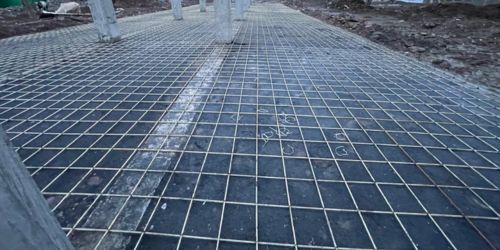The construction industry is under increasing pressure to adopt sustainable practices. GFRP rebars are emerging as a vital component in eco-friendly construction projects due to their minimal environmental impact and long-term benefits.
Unlike steel, which requires extensive energy and resources to produce, GFRP rebars are manufactured using a more energy-efficient process. Additionally, their lightweight nature reduces transportation emissions. Over their lifespan, GFRP rebars contribute to sustainability by eliminating the need for frequent repairs and replacements, thereby reducing material waste.
This blog will explore how GFRP rebars align with global sustainability goals, including reducing greenhouse gas emissions and conserving natural resources. It will also highlight their role in green building certifications, such as LEED, where sustainable materials are prioritized.
By choosing GFRP rebars, builders and developers can contribute to a greener future while achieving superior structural performance.
